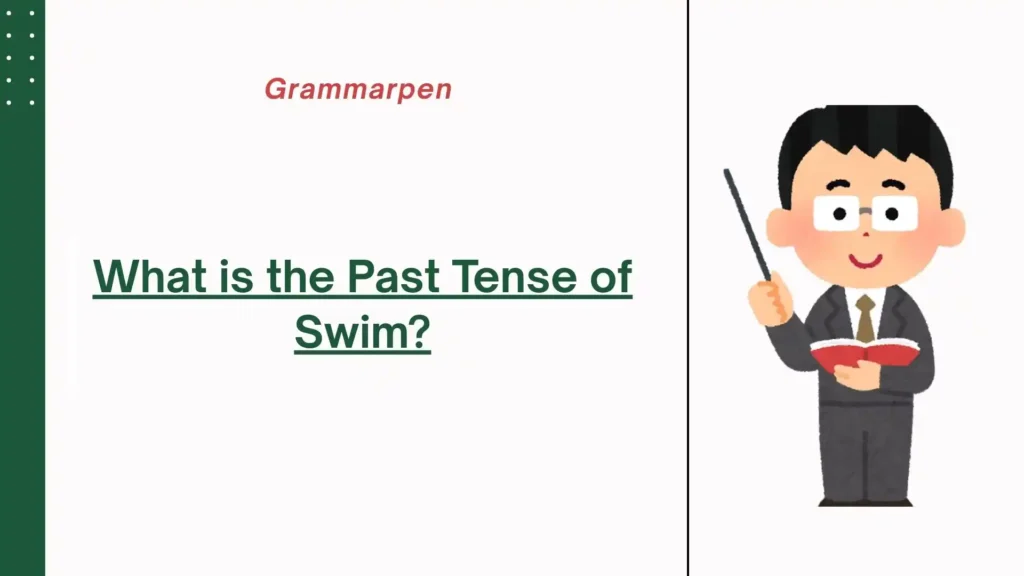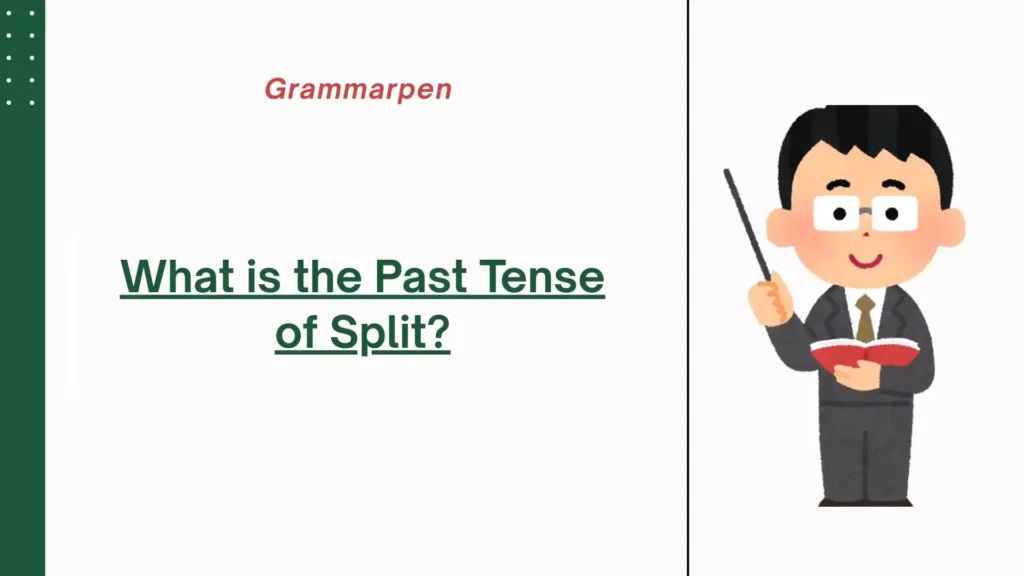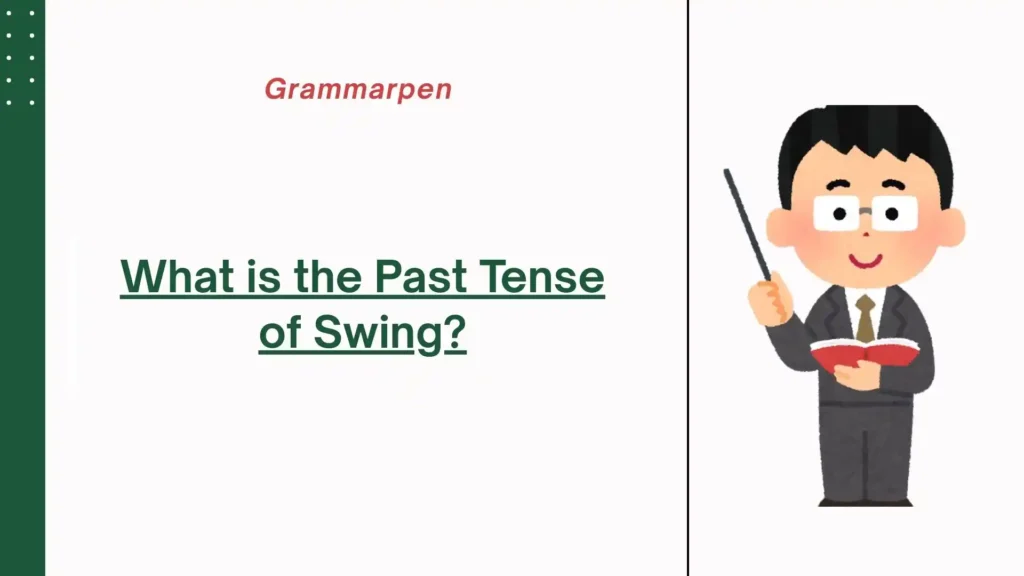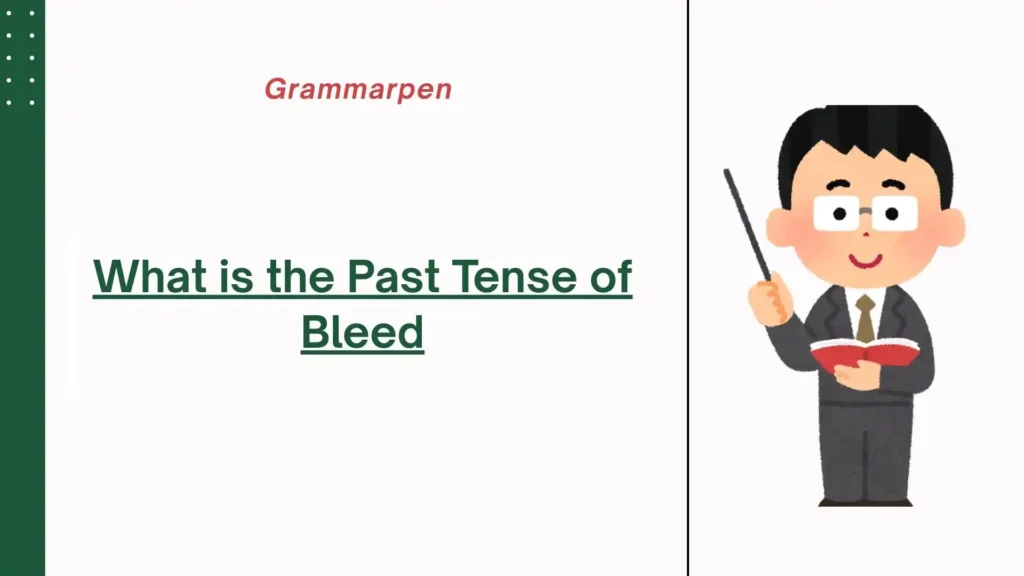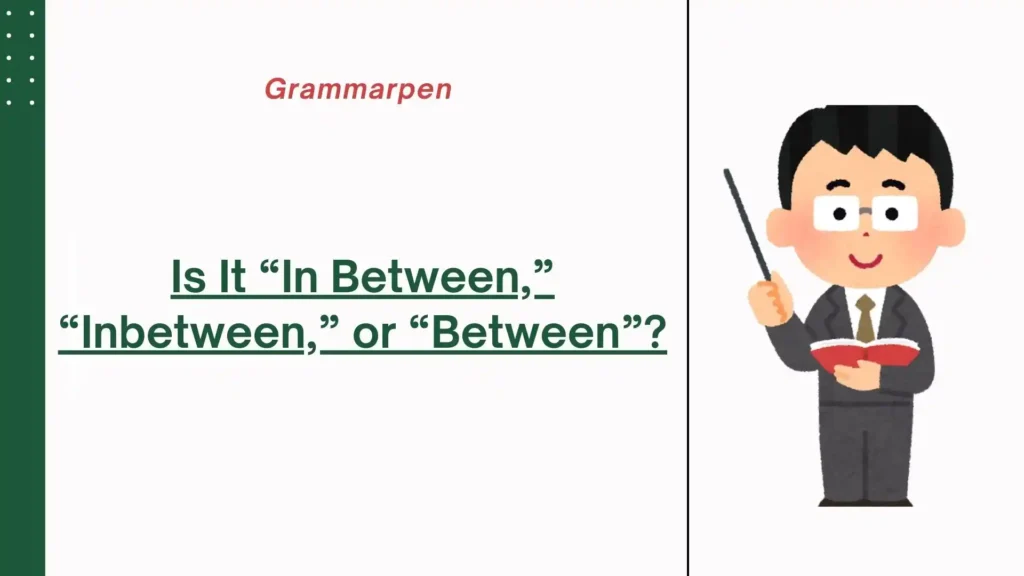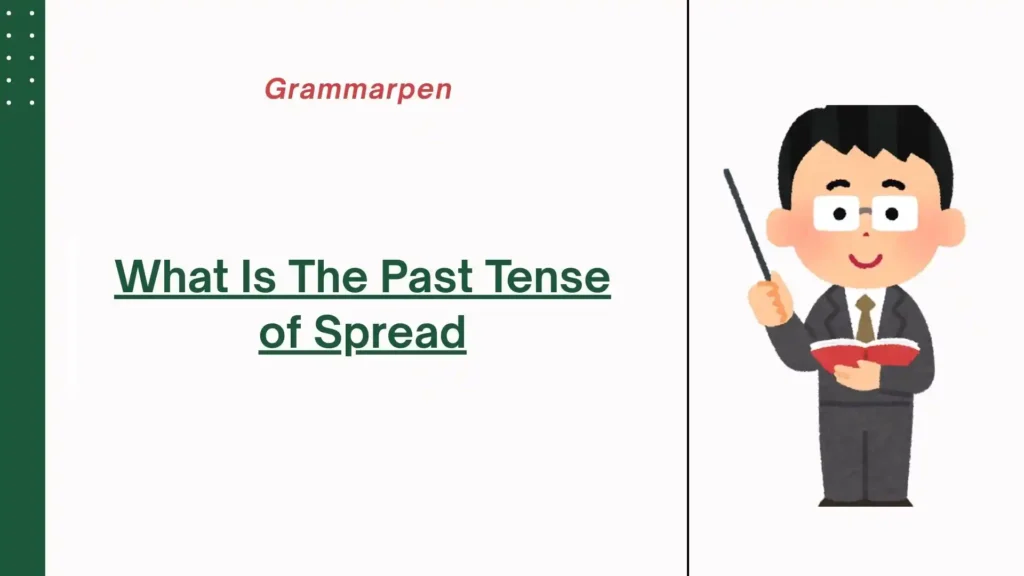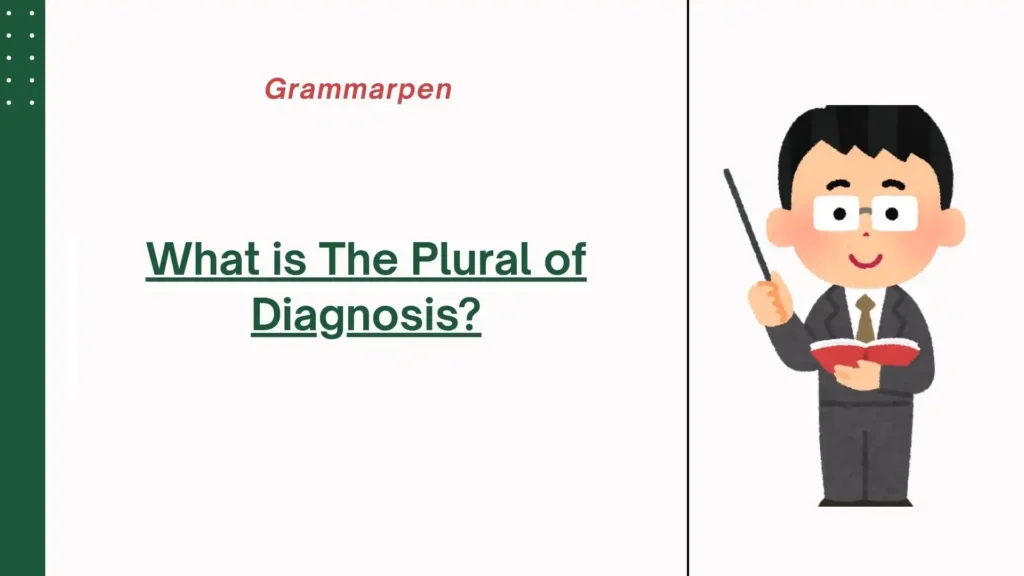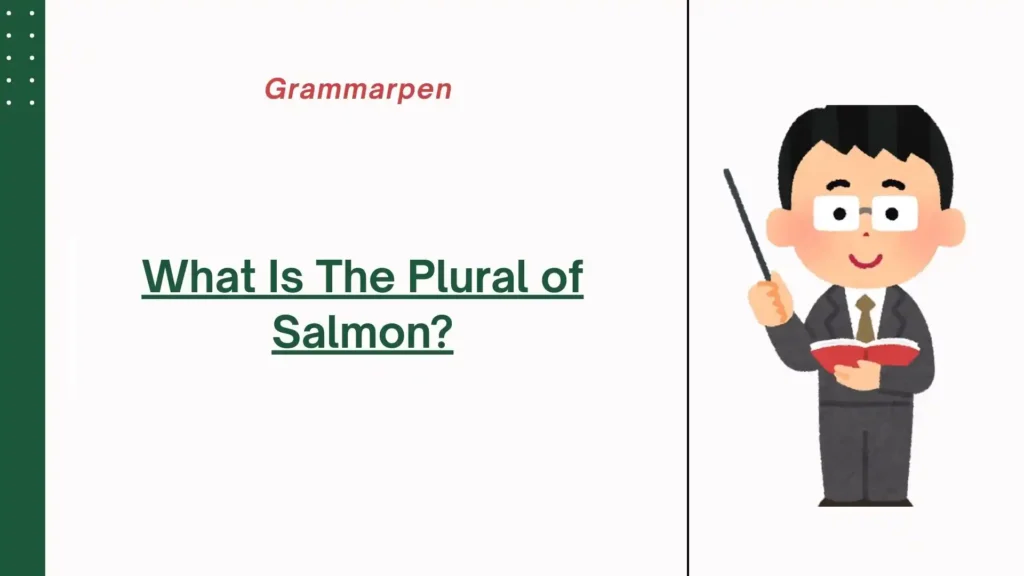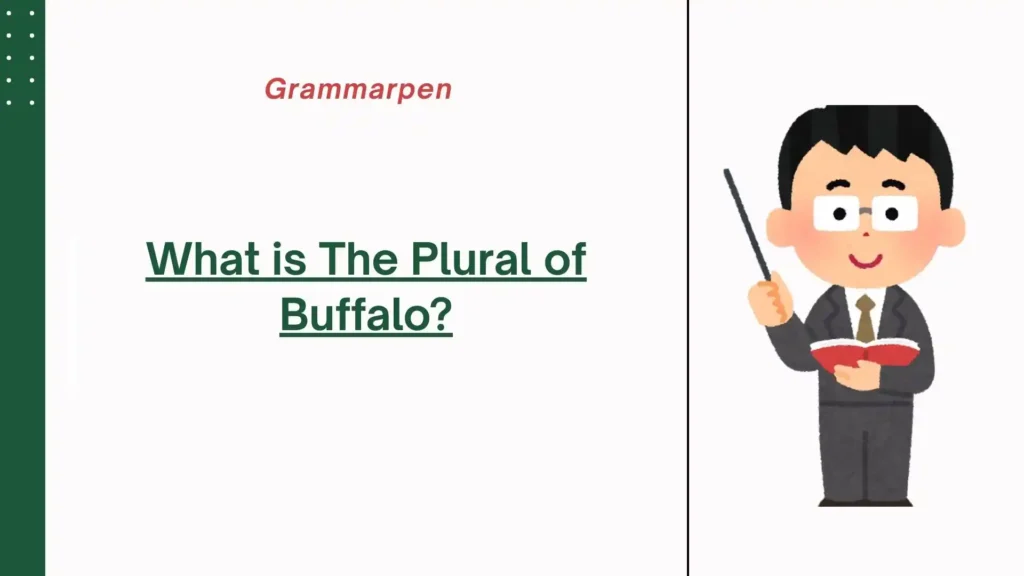What is the Past Tense of Swim?
The past tense of the verb “swim” is “swam.” In English grammar, “swim” is an irregular verb, which means it does not form its past tense by simply adding “-ed” to the base form. Instead, the middle vowel changes when referring to an action that happened in the past. Linguists classify this type of verb…
Read more

